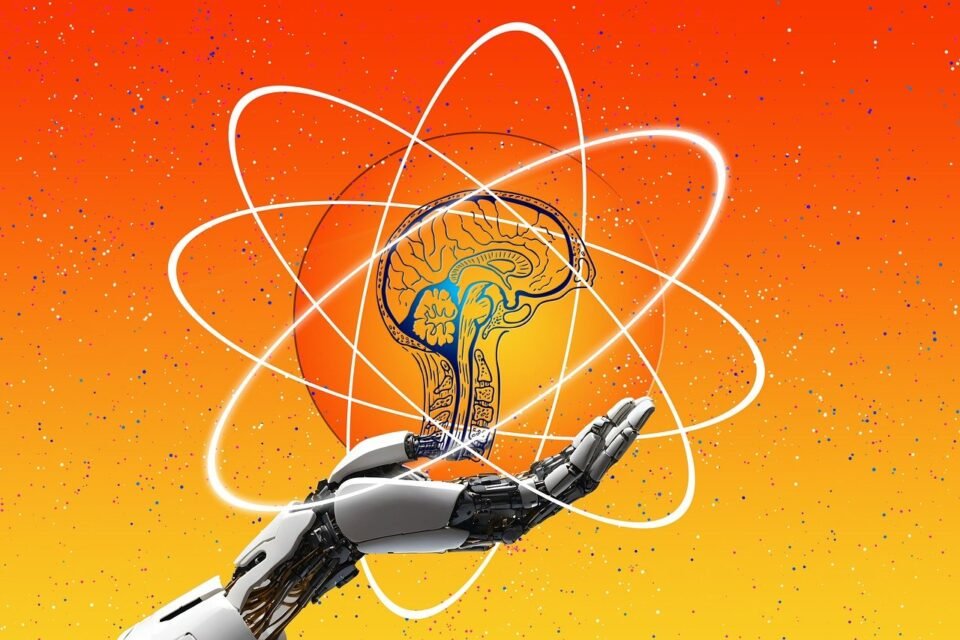Data science, the interdisciplinary field of extracting insights from data, is revolutionizing various industries, including education. By leveraging data-driven approaches, educational institutions can gain valuable insights into student performance, identify areas for improvement, and ultimately enhance student success. This article explores how data science is being applied in education, its benefits, and the challenges and opportunities it presents.
Understanding Data Science in Education
Data science in education involves collecting, analyzing, and interpreting data related to students, teachers, curriculum, and educational outcomes. This data can be sourced from various sources, including student performance assessments, attendance records, teacher evaluations, and learning management systems. By analyzing this data using statistical techniques, data mining, and machine learning algorithms, educators can gain valuable insights into student learning patterns, identify areas where students may be struggling, and tailor instruction to meet individual needs.
Benefits of Data Science in Education
- Personalized Learning: Data science can enable educators to create personalized learning experiences for each student. By analyzing student data, teachers can identify individual strengths and weaknesses and tailor instruction accordingly.
- Early Intervention: Data science can help identify students who may be at risk of falling behind early on. By intervening early, educators can provide additional support and prevent academic difficulties from escalating.
- Improved Teaching Practices: Data science can provide teachers with valuable feedback on their instructional methods. By analyzing student performance data, teachers can identify areas where they can improve their teaching strategies.
- Enhanced Curriculum Development: Data science can help educators evaluate the effectiveness of curriculum materials and make data-driven decisions about curriculum design and implementation.
- Resource Allocation: Data science can help optimize the allocation of resources, such as teachers, technology, and instructional materials, to ensure that they are being used effectively.
Challenges and Opportunities
While data science offers significant potential for improving education, it also presents several challenges:
- Data Quality: Ensuring the accuracy and reliability of educational data is crucial for drawing meaningful insights. Data cleaning and preprocessing are essential steps in the data science process.
- Privacy and Ethics: Collecting and analyzing student data raises concerns about privacy and ethical implications. It is essential to establish clear guidelines and protocols to protect student privacy.
- Teacher Resistance: Some teachers may be resistant to the use of data science in education, fearing that it may lead to increased workload or a loss of autonomy. It is important to involve teachers in the data science process and address their concerns.
- Technical Expertise: Implementing data science in education requires technical expertise. Schools may need to invest in training or hire data scientists to support their efforts.
Despite these challenges, the opportunities for data science to enhance education are significant. By leveraging data-driven insights, educators can create more personalized, effective, and equitable learning experiences for all students.
Future Trends in Data Science in Education
As data science technology continues to evolve, we can expect to see even more innovative applications in education. Some future trends include:
- Predictive Analytics: Using data science to predict student performance and identify at-risk students before they fall behind.
- Adaptive Learning: Using AI-powered systems to personalize learning experiences in real-time based on student data.
- Micro-Credentials: Using data science to validate and assess student learning outcomes for micro-credentials and certifications.
- EdTech Integration: Integrating data science with educational technology tools to provide more personalized and effective learning experiences.
In conclusion, data science offers a powerful tool Duolingo Plus for enhancing student success in education. By leveraging data-driven insights, educators can create more personalized, effective, and equitable learning experiences for all students. As data science technology continues to advance, we can expect to see even more innovative applications in the field of education.


